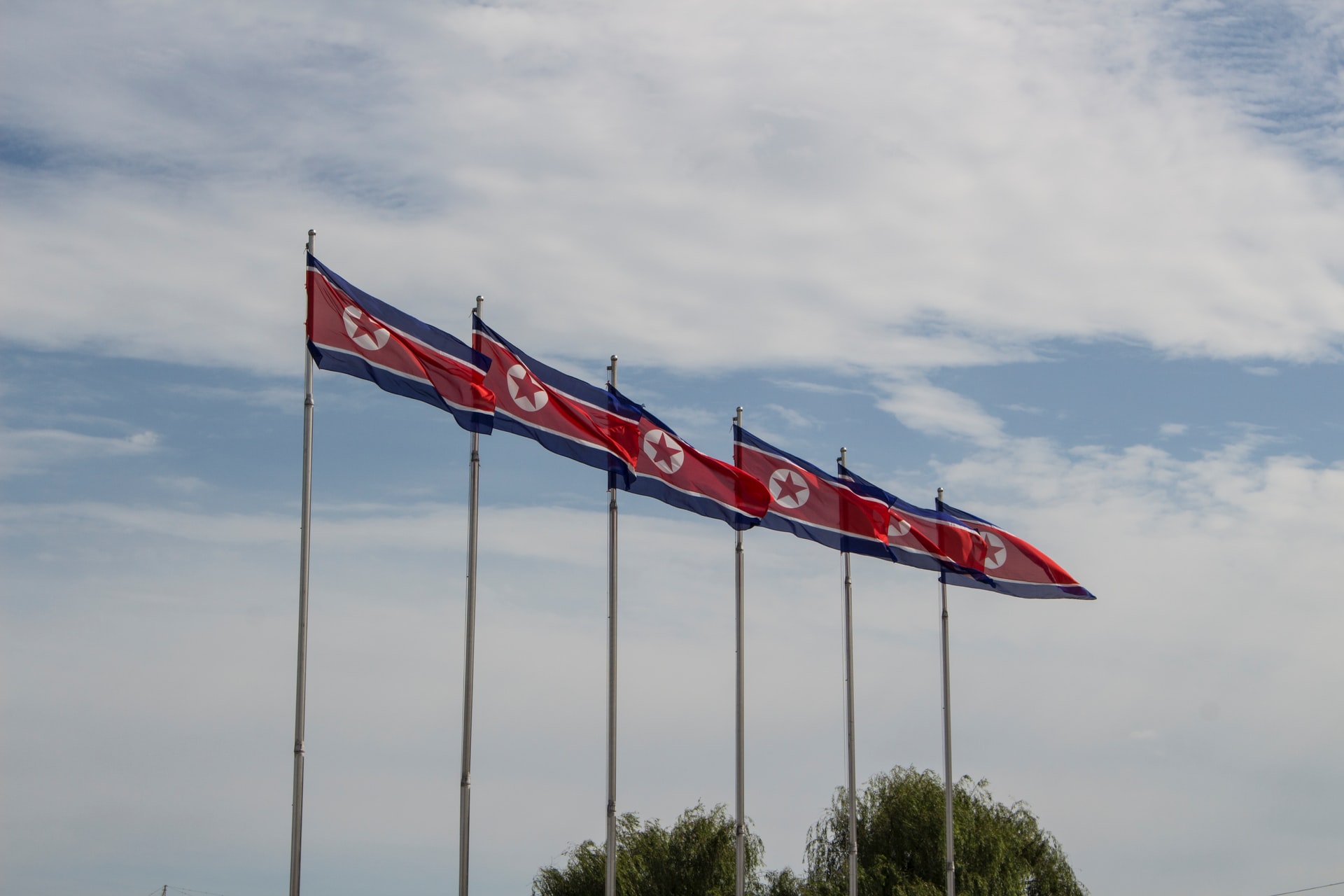By Jung Woo Lee, The University of Edinburgh; The Conversaiton

Since at least 2014, the IOC has provided North Korea with funds to develop sport in the country through the Olympic Solidarity Programme. (File photo: Micha Brändli/Unsplash)
Athletes from North Korea are currently competing in the Summer Olympics for the first time in eight years. The communist state had been suspended for the 2022 Winter Olympics by the International Olympic Committee (IOC) having withdrawn unlawfully from the Tokyo Games in 2020 citing pandemic concerns.
The sanction is now over and North Korean Olympians are in Paris. But their mission in the French capital looks to be more than simply winning medals. They have set out to rebuild trust with the Olympic family, and are seeking the prestige of competing at the Games under their country’s preferred name: the Democratic People’s Republic of Korea (DPRK).
Due to its diplomatic isolation, the Olympic Games are one of the few remaining platforms on which North Korea continues to engage with the global community. And the IOC is one of North Korea’s most important international partners.
Since at least 2014, the IOC has provided North Korea with funds to develop sport in the country through the Olympic Solidarity Programme. This money has been a rare source of foreign income for North Korea, which over the past two decades has been the subject of international sanctions because of its nuclear weapons programme.
However, these funds were halted following North Korea’s suspension. So the Paris Olympics are an opportunity for North Korea to recover its relationship with the IOC, bringing not only respect, but badly needed funds.
At the same time, North Korea sees increasing its voice and visibility within the IOC as a way to enhance the country’s international standing. Until 2018, a former North Korean athlete called Chang Ung served the IOC as an elected member.
For more than two decades, he maintained the link between North Korea and the sport governing body. His retirement left a gap in the country’s sport diplomacy networks that North Korea’s current minister of sport, Kim Il-guk, may be poised to fill.
Kim, who is the head of the North Korean delegation to Paris, signed the Olympic Korean Peninsula Declaration prior to the 2018 Winter Olympics in South Korea’s Pyeongchang. This ultimately saw North and South Korea agree to field a unified Korean team for the first time ever, albeit only for the women’s ice hockey event.
He also personally welcomed the IOC’s president, Thomas Bach, when Bach visited the North Korean capital, Pyongyang, in 2018. The IOC president’s extensive involvement in North Korea’s international sport affairs suggests that Pyongyang has already started the project of making Kim Il-guk a member of the IOC.
Taking centre stage
With the Games now in their second week, the North Korean delegation has won five medals. Table tennis players from North and South Korea even posed together for a selfie at the Olympic podium in a rare show of unity between the hostile neighbours.
That said, the North Korean delegation has been very sensitive to the proper announcement of their nation’s name. At a press conference following the table tennis final, an Olympic official introduced Ri Jong-sik and Kim Kum-yong as the “North Korean team”. A North Korean official took issue with the introduction, claiming that the DPRK was the correct name.
This was not an isolated incident. Earlier in the year, the North Korean women’s football team coach, Ri Yu-il, refused to receive any questions from a South Korean journalist who referred to them as “North Koreans” after an Olympic qualifier in Japan.
On the international stage, North Korean athletes are competing not only for the glory but also the dignity of their nation. In their view, the DPRK is the name that represents their sovereignty, which South Korea does not fully recognise.
The North Korean delegation may have come back to the Olympic stage, but their weightlifters have not. This is odd because weightlifting is North Korea’s major sporting stronghold.
Allegations of doping may well be the cause. North Korean weightlifters have not been subject to a doping test since 2019 because no World Anti-Doping Agency officials were permitted to enter the country until the end of 2023.
Nevertheless, the International Weightlifting Federation invited the North Koreans to participate in two Olympic qualifier competitions. In the absence of tests, there is no suggestion that North Korean weightlifters are involved in illegal doping. But they skipped these contests and voluntarily gave up their tickets to Paris.
North Korea’s return to the Olympic stage has been largely positive. But the country now faces a difficult situation.
Russia, whose athletes were banned from participating in the Paris Olympics following the invasion of Ukraine, has announced its intention to host the so-called World Friendship Games in 2025. As one of North Korea’s closest allies, Russia will expect Pyongyang to send its athletes to the competition in Moscow.
But, at the same time, the IOC is likely to penalise any athletes who participate in this rival event. Russia’s announcement prompted a warning from the IOC not to politicise international sport.
For North Korea, it would be a fatal blow to lose credit from either of the two parties. How North Korea resolves this political puzzle will become clear in the coming months.![]()
Jung Woo Lee, Senior Lecturer in Sport and Leisure Policy, The University of Edinburgh
This article is republished from The Conversation under a Creative Commons license. Read the original article.





















